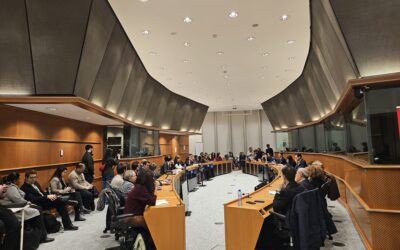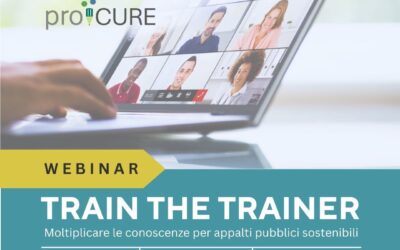Public procurement is back in the spotlight across Europe. In her recent State of the Union speech in Strasbourg, European Commission President Ursula von der Leyen announced a new “Made in Europe” criterion for public tenders, part of a broader effort to support clean technologies and boost industrial competitiveness. The message is clear: public spending can shape markets, drive innovation, and strengthen European supply chains.
On September 24 in Rome, at Europa Experience – David Sassoli, the BESA campaign (Buy European and Sustainable Act) will host a public event bringing together institutions, businesses, and local authorities. The discussion will focus on how Italy can contribute to European procurement reform, aligning with the Green Deal and Clean Industrial Deal objectives.
European public administrations spend over €2 trillion each year, around 14% of EU GDP. When directed strategically, this spending can cut emissions, create quality jobs, support innovation, and strengthen European industry. BESA’s goal is to make environmental and social criteria mandatory in key tenders, prioritizing European-made products with low emissions.
The September 24 event is also a key milestone on the road to the XX Forum Compraverde Buygreen in 2026, reflecting Europe’s growing recognition of public procurement as a tool for change.
Procurement that matters. Italy for a sustainable and competitive Europe.
24 September, Europa Experience – Rome
A crucial opportunity to show that Europe’s future will be shaped by the choices made in public spending.




